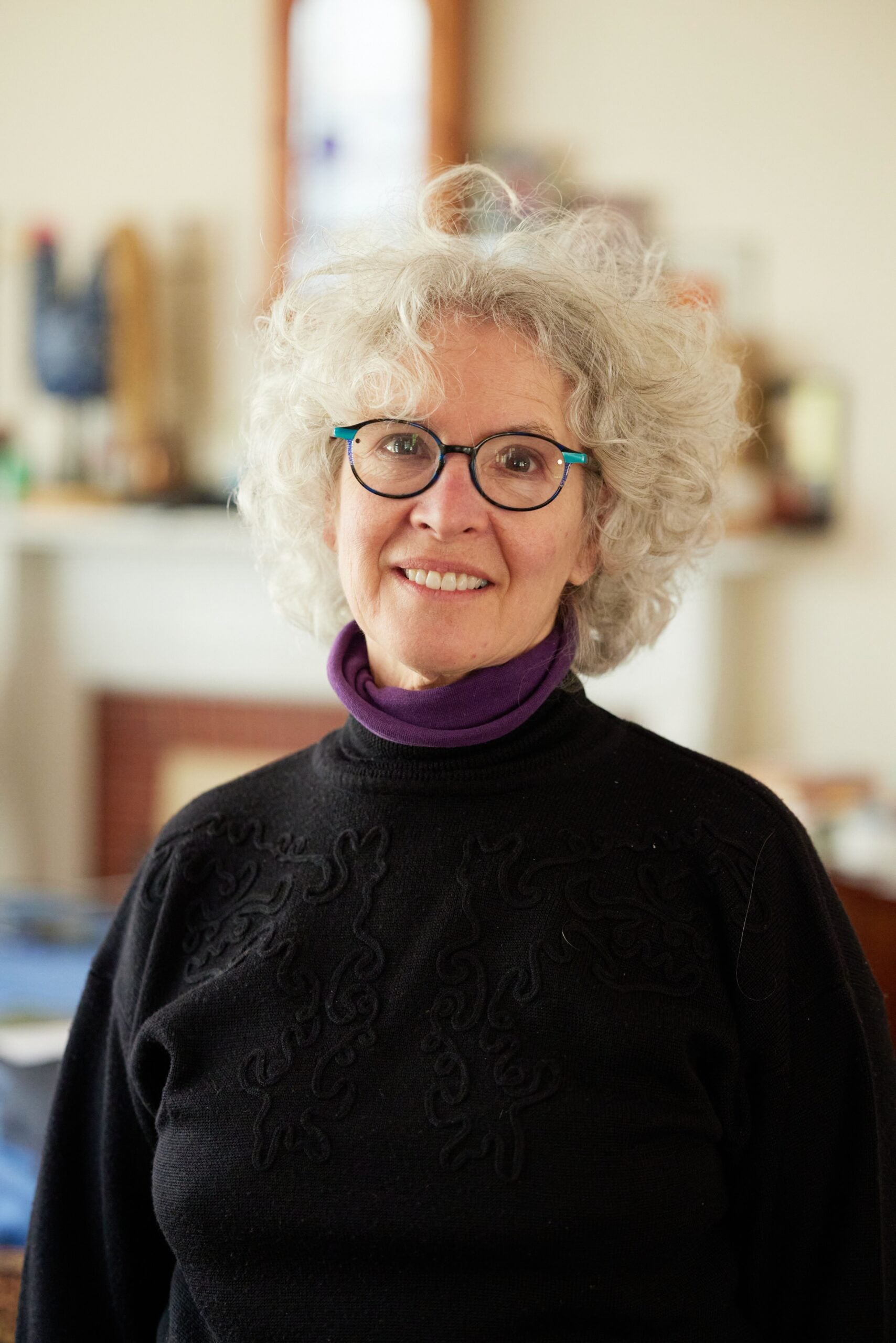The medical sector in Korea is facing a crisis as more and more professionals are resigning or reducing their working hours. This has led to concerns among patients who feel like they may be left in a “hostage” situation. One such patient is Kim, the mother of a 27-month-old with kidney disease, who expressed her worry after hearing that the pediatricians treating her daughter at Seoul National University Hospital plan to resign in May.
This news has forced parents to seek alternative hospitals for their children’s treatment, causing added stress and financial burden. The situation has escalated since the strike of resident and intern doctors in February to protest the decision to increase medical student enrollment quotas. Medical professors and senior doctors at top hospitals like Seoul National University School of Medicine and Ulsan University have decided to reduce their working hours or take one day off each week.
The strike has impacted over 9,000 resident doctors who play a crucial role in patient care. The government’s decision to increase medical student quotas is being protested by the striking doctors, who call for better income and working conditions for medical staff. The crisis has spread to medical students and professors, leading to further unrest in the medical sector.
Despite the government’s conciliatory moves to address some concerns, the situation remains tense as both sides advocate for their interests. Patients and their families are caught in the middle, facing uncertainty and disruptions in their medical care. The future of healthcare in Korea hangs in the balance as the standoff between doctors and the government continues to unfold.
In recent years, there have been growing concerns about workload and burnout among healthcare professionals in Korea. Many experts argue that this issue stems from an underfunding of healthcare services by the government.
The current crisis highlights this issue even further, with many patients expressing frustration over delays and cancellations due to staff shortages.
As tensions continue between doctors and politicians, it remains uncertain how long this crisis will last or what its long-term effects will be on Korean healthcare.










+ There are no comments
Add yours